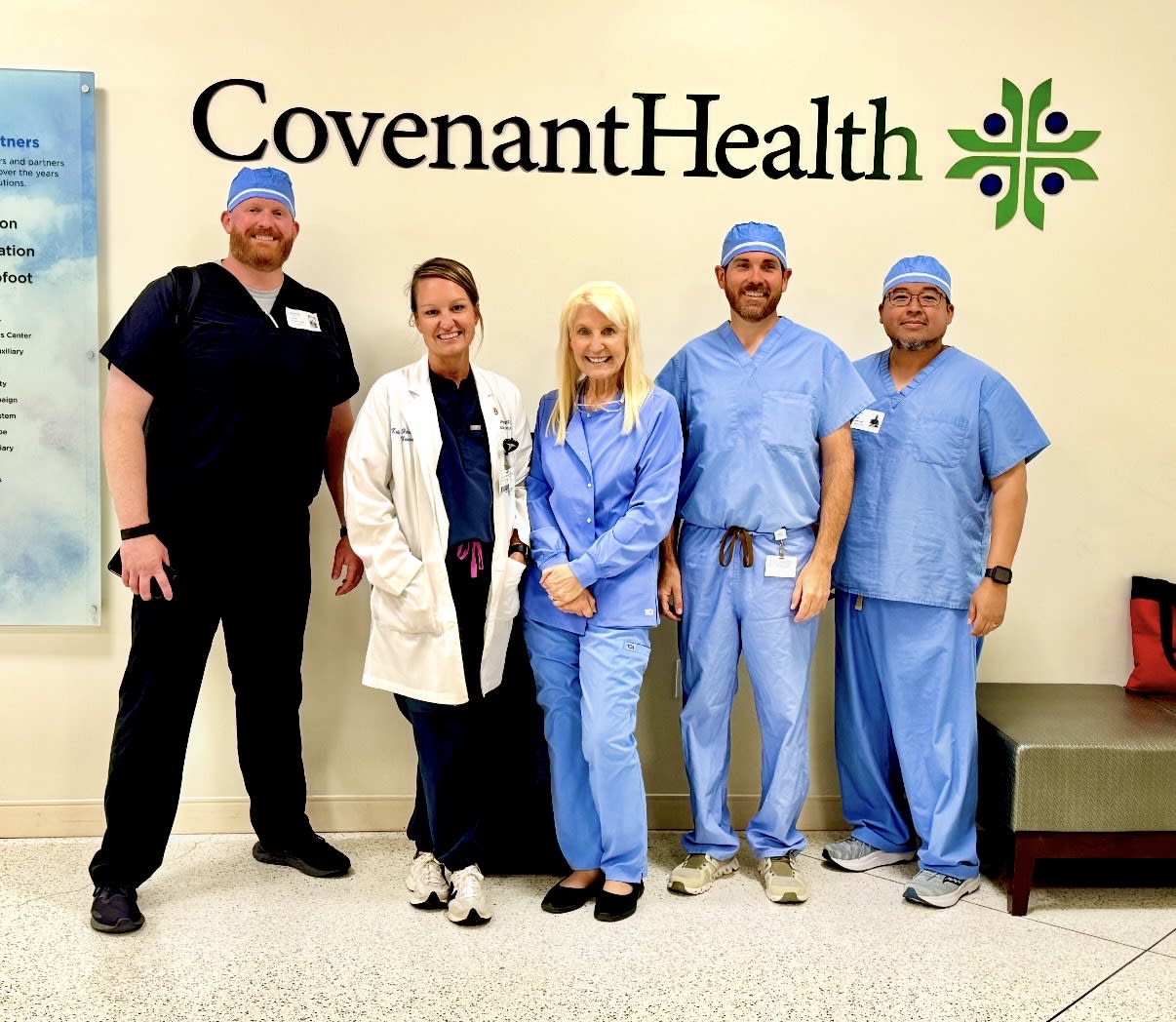Treating Traumatic Brain Injury (TBI)
When a patient arrives at Providence with a traumatic brain injury (TBI), they may be in a medical crisis. They are also in the most capable, compassionate hands. Our board-certified, fellowship-trained neurosurgeons and other neurological specialists provide the expert treatment patients need at this critical time.
Why Choose Us for Your Traumatic Brain Injury?
At Providence, our goal is to treat your TBI rapidly with precision care. Here’s why thousands of patients trust us to treat their traumatic brain injuries every year:
How Our Doctors Are Making a Difference
Bobby Clark was a typical high school senior until he sustained a traumatic brain injury during a football game.
More About Traumatic Brain Injury
A TBI occurs when you sustain a powerful blow to your head, or when your upper body is hit so hard that it causes extreme and sudden movement of your head. An object that pierces the head can also cause TBI. Traumatic brain injury can make you become dizzy, forget things or have trouble concentrating, or even change your mood and behavior. Severe TBI can be life-threatening and requires immediate attention.
Our trauma neurosurgeons are experts at treating all types of TBI, including:
Mild TBI:
Moderate to severe TBI:
- Brain contusion
- Diffuse axonal injury
- Epidural hematoma
- Subdural hematoma
- Traumatic subarachnoid hemorrhage
Testing and Diagnostics

Your neurological team will use the most advanced methods to diagnose your traumatic brain injury. These may include one or more of the following:
- Clinical examination
- CT imaging
- MRI
Personalized Treatment for Traumatic Brain Injury
Your care team works with you to create a treatment plan based on the severity of your injury. Your plan may include one or more of the following:
- Minor TBI: You may be monitored and advised to rest, limit activities or work, and avoid screens.
- Moderate TBI: In some cases, you might need neurosurgery. You also may need occupational, speech or physical therapy and counseling for emotional support.
- Severe TBI: Specialty care is required. Treatment may include surgery at a trauma center, time in the ICU, monitoring to watch brain pressure, medications and measures to protect the brain from further injury.
Find Neurological Care Close to You
Meet the Team
At Providence, you'll have access to a vast network of dedicated and compassionate providers who offer personalized care by focusing on treatment, prevention and health education.
Expert Tips and Advice





